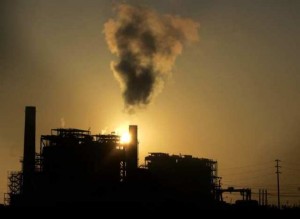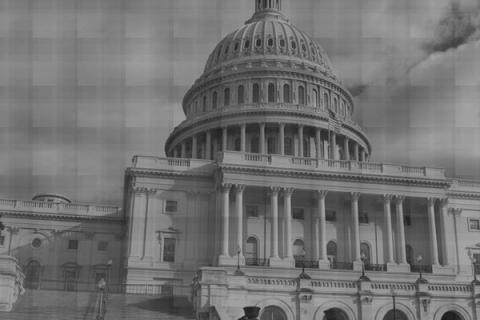California's stringent new rules regulating greenhouse gas emissions were scheduled to go into effect on Jan. 1 2012. But on Thursday Dec. 29, U.S. District Court Judge Lawrence O’Neill ruled that California’s Low Carbon Fuel Standard violates the Commerce Clause of the U.S. Constitution, which reserves regulation of commerce to the federal government and is interpreted as meaning that states cannot interfere in interstate commerce. However, this is precisely what the new regulations by the California Air Resources Board (CARB) would have done, ruled the judge.
The rule uses a life style analysis to determine the total amount of greenhouse gases emitted by a fuel. Fuels produced out-of-state would have a higher score, thus requiring the producers to purchase credits when importing fuel into California. This “discriminates against out-of-state and foreign crude oil while giving an economic advantage to in-state crude oil” and thus violates the Commerce Clause, said the judge. CARB argued that it has a special authority granted by the Clean Air Act to control emissions, which gives it the right to ignore the Commerce Clause. The judge found that argument without merit, and indeed it’s difficult to see how a state regulatory agency can claim it doesn't need to pay attention to the U.S. Constitution. This would seem to be yet another example of how CARB continually overreaches itself, a claim made by more than a few.
Now, you may be thinking, 'this is all the doing of the oil companies, using their influence, power, and battalions of lawyers to block important air emissions standards.' But this is only partly true. Yes, the oil companies oppose the CARB regulations, but so do many other organizations. They include The Rocky Mountain Farmers Union, several farm bureaus in California, the American Trucking Association, and two ethanol producer groups, Growth Energy and the Renewable Fuels Association. So it’s not just oil companies saying the regulations discriminate against out-of-state producers. It’s also farmers and producers of biofuel.
Air Board spokesman Stanley Young said the program is "an evenhanded standard that encourages the use of cleaner low carbon fuels" and "does not discriminate against any fuels on the basis of geography." But if producers of fuels made out-of-state have to buy offsetting credits, thus increasing their costs, then they clearly are put at a disadvantage. And that, ruled the judge, is unconstitutional. CARB says it will ask the judge to stay the order and if necessary, appeal it to the 9th District Court.
Much of California’s fuel is imported from overseas or other states. It does not have the resources to create all its fuel internally. If imported fuel costs more because of being forced to buy credits, then the costs of fuel will rise for everyone in the state. Farmer’s costs will rise as will transportation costs. This will inexorably drive up the price of all goods and services, including electricity. That’s why so many groups oppose the CARB rules.
While decreasing emissions is a worthwhile and much-needed goal, CARB seems to have given little thought to the economic impact of such rules. It wants a transformation of California into a clean energy economy but hasn’t given much thought as to how this would happen. “Make it so,” it seems to be telling the state. But this is the same process by which Sacramento legislators seem to magically find new sources of revenue each year during budget crisis negotiations only to find the revenue never was real.
If California wants to be truly energy-independent and clean, then it needs to produce its own clean energy within its borders.

